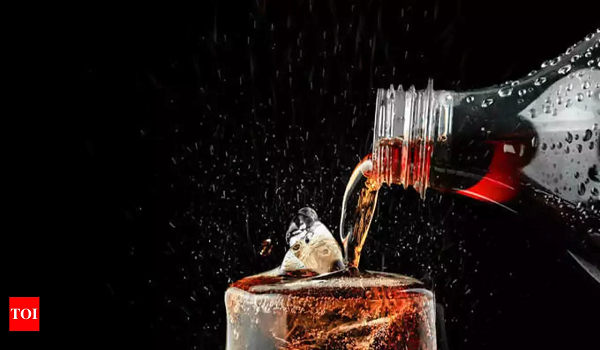India’s beverage industry, grappling with a 40% GST on carbonated drinks, urges for tax rationalization to boost innovation, job creation, and investments. Stakeholders highlight the potential growth of the $18.25 billion market if tax rates align with international practices based on sugar content.
The beverage sector in India is facing significant challenges due to the existing GST regime, which levies a 40% tax on carbonated beverages—among the highest in the packaged food and beverage category. This steep taxation is hindering the industry’s growth and stifling innovation, according to JP Meena, Secretary General of the Indian Beverage Association (IBA), whose members include major players like Coca-Cola, PepsiCo, Dabur, Bisleri, and Red Bull.
Meena emphasized the need for evidence-based tax rationalization, arguing that placing carbonated beverages in the “sin tax” category results in unfair treatment. “Whether it’s products with no sugar, low sugar, or added fruit content, all are taxed at the same 40% under the current GST regime,” he told The Economic Times.
He further explained that many low-sugar or no-sugar variants, which could have driven innovation, remain undeveloped due to this prohibitive tax. “The category has the potential to create jobs, help farmers by offering better prices for produce, and attract startups and investments into the supply chain,” Meena added.
Currently, carbonated drinks are taxed at 28% GST, with an additional 12% compensation cess, making the total tax burden 40%. This contrasts with products like sweets and chocolates, which are taxed at lower rates of 5-18%. In many global markets, tax rates for beverages are differentiated based on sugar content, but such differentiation is lacking in India.
A recent report by the India Council for Research on International Economic Relations (ICRIER) estimated the Indian carbonated beverage market at $18.25 billion in 2022, significantly smaller than in countries like Thailand and the Philippines. The report argued that the excessively high GST is stifling employment, investment, and entrepreneurship in the sector.
Praveen Khandelwal, a leading representative of traders, echoed these concerns, calling the report a vital starting point for reconsidering the current tax policies. The IBA has repeatedly raised these issues with key stakeholders, including the Finance Ministry, the GST Council, and various state governments.
According to the ICRIER report, the non-alcoholic, ready-to-drink market in India could grow to Rs 1.5 lakh crore by 2030 if tax barriers are reduced. The industry has already attracted over Rs 50,000 crore in recent investments and remains integral to the country’s kirana shop and retail network.
Meena also highlighted the need for lower GST on bottled water, currently taxed at 18%, and on juices, taxed at 12%. “Water is an essential commodity, and safe drinking water is a concern. The private sector can play a vital role by providing affordable, packaged drinking water,” he said.
The industry continues to advocate for fairer taxation to ensure sustainable growth and innovation in India’s beverage market.


